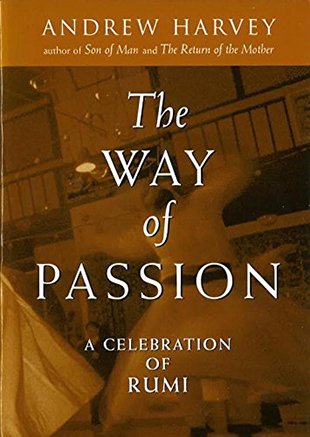"When the great Sufi mystic, Master and poet Jalal-ud-Din Rumi, died at sunset in Konya, southern Turkey, on December 17, 1273, at the age of sixty-six, he had lived for almost thirty years in the radiance of enlightenment. He had composed 3,500 odes, 2,000 quatrains, a massive spiritual epic called the Mathnawi, and founded the Mevlevi order that, under his son Sultan Walad and his successors, was to spread the glory of his work and sacred vision throughout the whole vast extent of the Islamic world, from Tangiers to Cairo, Lahore, and Sarajevo, into the humblest, most remote villages of Afghanistan, Turkey, Iran, and India. Through all the centuries since his death and all the vicissitudes and tragedies of Moslem history, his odes have been chanted by crowds on pilgrimages and sung with the highest reverence in religious assemblies. Orientalists acknowledge Rumi as the greatest of all mystic poets, and Easterners worship his work as second in grandeur, depth, mystery, and holiness only to the Koran. Before World War II, there were almost 100,000 disciples of the Mevlevi order throughout the Balkans, Africa, and Asia. No other poet in history — not even Shakespeare or Dante — has had so exalted and comprehensive an impact on the civilization he adorned, and no other poet has aroused such ecstatic and intimate adoration. . . .
"Rumi is one of the greatest mystic poets in the world. He is also, I believe, of all the great poets and religious masters that we have, the supreme master of adoration. So, at this time, when we need to be inspired to love the world that we are in the midst of destroying, when we have forgotten our divine identity and its ecstasies and responsibilities, a guide and witness like Rumi to the glory of God and the soul and to the necessity of a religion of love that transcends all dogmas to embrace the entire creation, is beyond price."
See our map for A Celebration of Rumi
The Way of Passion A Celebration of Rumi
Rumi's Gifts to the World.
